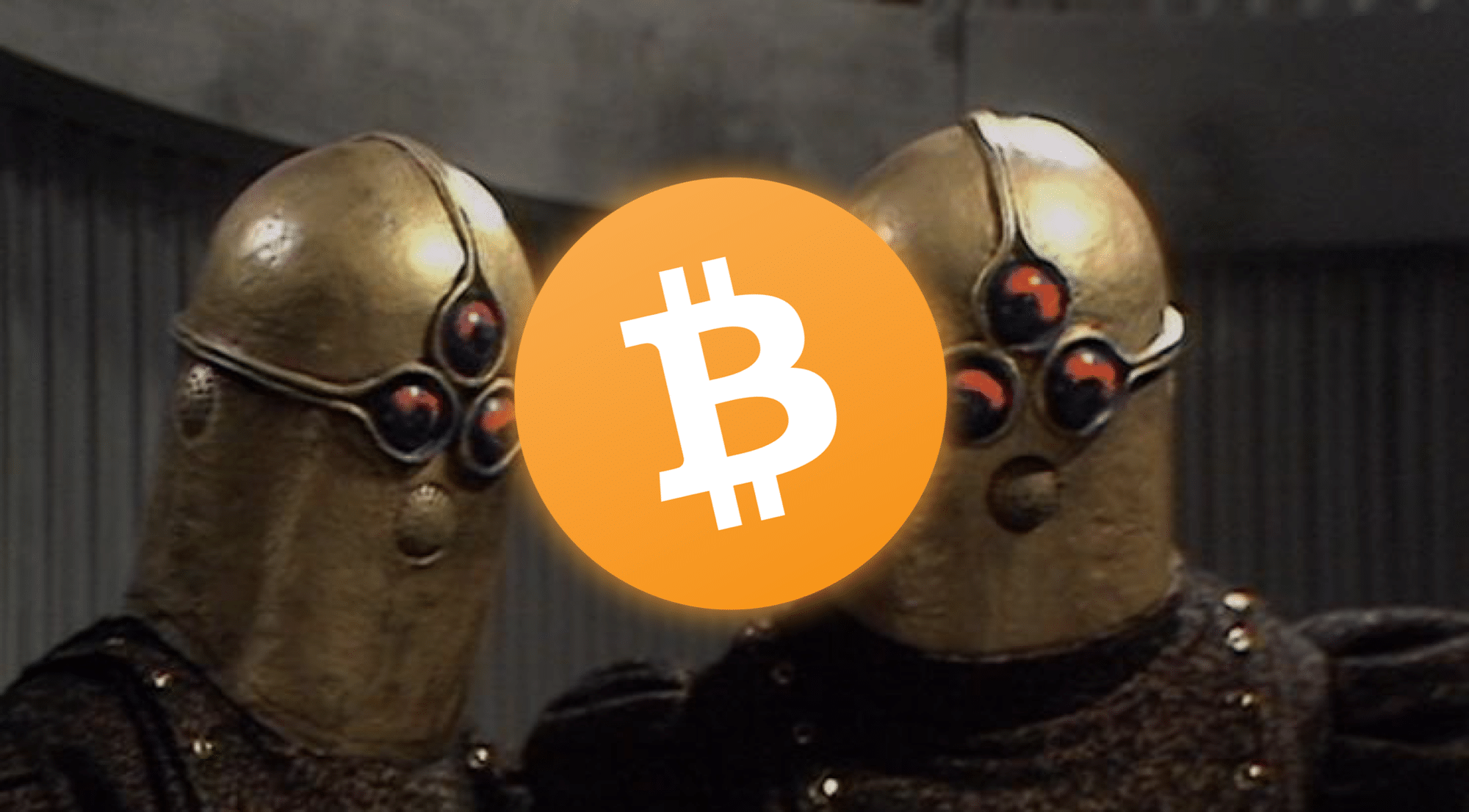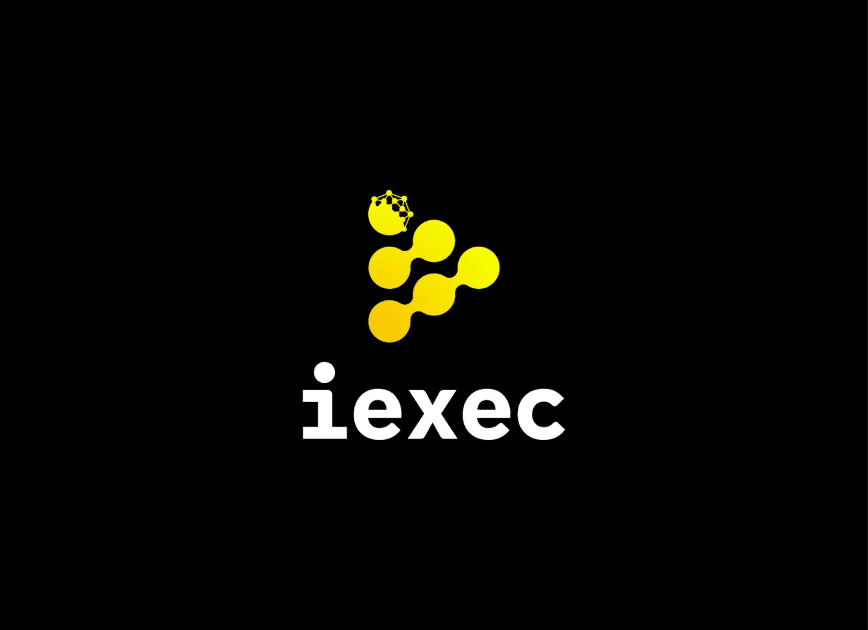During the booms in cryptocurrencies, you can’t make a bad investment. It’s like making a bet and never losing. But, when everything is on a downswing, it’s not so easy. If you want to make money consistently, you’ll need to do more than throw darts at a board when picking your coins.
Picking out the rocket ships from a sea of shitcoins isn’t impossible. Asking the right questions is the way to making an informed investment decision. Follow these guidelines below on how to evaluate a cryptocurrency, so you can make informed investments from here on out.
What Does the Project Do?
Blockchain projects are a lot like tech startups. They’re each made up of a team trying to solve a problem. When you buy a coin, you’re not just buying some 1s and 0s and that will someday magically be worth more in value. You’re buying into the idea it supports and the team that’s building it as well. A good idea with a practical use case in the blockchain is a major contribution to a coin’s value.
What problem are they trying to solve?
Blockchain projects solve technical problems. Bitcoin – store value on an immutable ledger, so your money is secure. Ethereum – facilitate digital agreements in a simple way, and take the middleman out of the picture. Monero – create an anonymous, secure peer-to-peer asset transfer.
Then there are ones slightly more out there. You may have heard of Cryptokitties, a modern version of Tamagotchi pets for the blockchain. The digital cats are literally the tokens. It may sound dumb, but fake pets have been successful from pet rocks through Pokemon. It’s actually a business model that’s seen success with older technology and is now being brought to the blockchain.
Has it been done before?
An idea that’s already been done may seem like a bad thing, but when trying to judge a coin’s value, it’s usually good. There are inherent benefits to being on the blockchain. Security of information and party accountability can add value to already existing ideas.
Ripple uses its token, XRP, to make transfers between financial institutions.
It’s not a new idea. There have been money transfers for as long as financial institutions have existed. However, a trusted third-party would make the transaction for the banks and take a sizable percentage for completing it. Ripple gets rid of the middleman and reduces the percentage to just a fraction – a fraction of a potential multi-trillion-dollar industry isn’t bad.
Who’s building/backing it?
A product is only as good as the team creating it. The concepts are new and technically challenging, so the people whose coin you’re buying better know what they’re doing. New blockchain projects should have easy to find team pages on their website. Check out their backgrounds and make sure they have a diverse group of talents. If a team is all MIT engineers, that could be an issue. In that team, who’s working on promoting the project and building up its adoption?
Some older, more established projects don’t have teams, but entire communities. Cryptocurrency is first and foremost decentralized, so a lot of the groups building these projects are as well. Look at their Reddit, Twitter, or Telegram channels to see who’s engaging with the project. See if there’s positive sentiment around it and check if there are any backers you’re impressed by. Also, if decentralization is a concept you believe in, then give coins with decentralized teams more value.
Another indicator of a project’s strength is who’s supporting it. While smart strategical partners may influence the project, they also give it stability. NEO is working with the Chinese government. If the government of the largest country and the strongest emerging economy on the planet believes in a product, that may give it additional value.
[thrive_leads id=’5219′]
What Does the Coin Do?
It may seem like these coins are all just a ticker and market cap, but they serve a purpose as well. Some coins provide liquidity, some can be redeemed for other services, some act as securities, and some are basically just membership cards.
Coins like Bitcoin or Dash have really broad use cases – aiming to be the gold and cash of cryptocurrencies respectively. Ether and NEO’s GAS are forms of payment in their own DApp ecosystems. Other tokens have even more specific uses. Golem allows users to rent out unused computer space in payment for its token. It may be a single use case, but the value of the coin is straightforward.
Other coins aren’t as straightforward. EOS, currently 6th in market cap, is a DApp platform that has a token, but according to their website, “The EOS Tokens do not have any rights, uses, purpose, attributes, functionalities or features, express or implied, including, without limitation, any uses, purpose, attributes, functionalities or features on the EOS Platform.” Some believe this language is just in the contract to absolve any liability from EOS, but it’s still something you should consider in your evaluation.
Another case is Ripple’s XRP. As discussed, it gives liquidity to bank transfers in the Ripple network. So then what’s the use case if you aren’t a large financial institution? There might not be a good one. But if you think banks will mass adopt the Ripple token, and its demand will skyrocket, then buying low now and selling to a bank later could be profitable. Having said that, if everybody is buying up Ripple and there isn’t enough of it to work for financial institutions, then there may be a problem.
The coin who’s ICO you’re about to buy into might be made by geniuses with an amazing product, but if the coin can’t be used for anything, then you should think twice before buying.
Final Thoughts
Evaluating a coin is mostly subjective. You can look at hundreds of factors and still be wrong. But, asking the questions laid out in this article will certainly set you on the right track. Next time you want to buy cryptocurrency, know what you’re buying. Knowing what the coin is used for and who created it will give you most of the information you need to make an informed decision. Your peace of mind and your bank account will thank you.
Never Miss Another Opportunity! Get hand selected news & info from our Crypto Experts so you can make educated, informed decisions that directly affect your crypto profits. Subscribe to CoinCentral free newsletter now.












